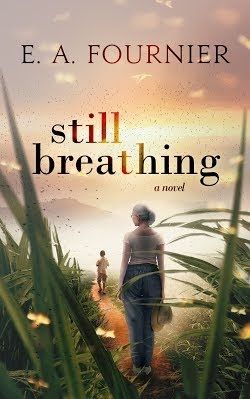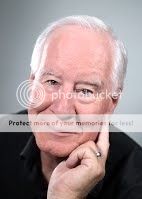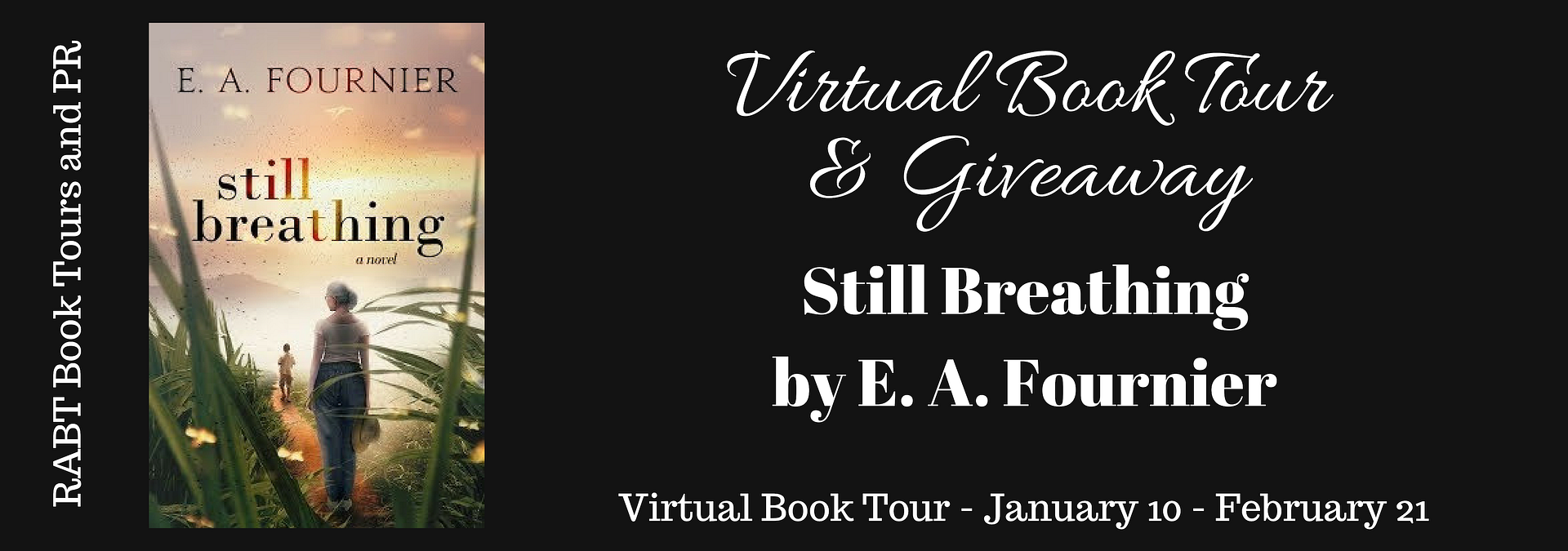
Women’s Fiction
Date Published: November 17, 2018
Designer: Damonza
Publisher: Acorn Publishing
Newly widowed and on the threshold of seventy, Lizzie Warton questions the value of her remaining years. Uncharacteristically, she decides for the first time in her life to do what she wants, instead of what everyone expects.
Against the wishes of family and friends, she sets out for Africa to work at a Ugandan middle school. When she lands at night in the Entebbe airport, her hosts are not there to meet her. Near panic, she hires a local taxi. The driver drugs her, steals everything, and dumps her limp body in a slum. Waking in the dark, she feels someone tugging off her shoes.
Without money, a passport, clothes, or medications, Lizzie is forced to start over and find a way to survive.
Soon she learns that nothing in Africa is as it appears. The grind of daily life in the third-world is beyond anything Lizzie imagined. Nevertheless, encouraged by budding friendships in surprising places, and against every sensible instinct she’s ever developed, Lizzie’s own personal search for meaning becomes the grand adventure of a lifetime.
Interview
Is there a message in
your novel that you want readers to grasp?
When I first developed the concept for STILL BREATHING I
intended to demonstrate that you’re never too old to do something significant.
In other words, if you’re still breathing, there’s still good for you to do. Lizzie,
my main character, is sixty-nine years old when the story opens and a recent
widow. Everyone expects her to sit back, enjoy herself and fade pleasantly away.
Lizzie does just the opposite when she heads to Africa with plans to work at a
school. Her solo journey radically changes her life and the lives of others on
the far side of the globe. The message is as much for myself as for my readers—it’s
never too late to try something new.
Is there anything you
find particularly challenging in your writing?
The most difficult sections for me to handle are the ones
that contain a lot of exposition. As a former screenwriter, I love dialogue and
enjoy action, but give me scenes with a lot of information to impart and watch
me sweat. In STILL BREATHING, the meeting with the travel clinic consultant was
one of my most difficult assignments. Yes, the information was important, and
it even set up some major plot points, but it ran the risk of growing dreary.
I’m probably overly sensitive, but I revised that scene more times than any
other part of the book.
How many books have
you written and which one is your favorite?
I’ve written and published two novels, NOW & AGAIN, a
science fiction novel about parallel worlds, and this current women’s fiction
novel, STILL BREATHING. The most recent one, released in November, is my
favorite. I believe the story has a wider appeal and, frankly, my writing has
improved. This novel was a risk for me. I wanted to see if I could write
women’s fiction. I created a female main character significantly older than
typical books: a woman with wide hips and grey hair, someone sensitive but not
sappy, big-hearted but seasoned. Since I’m the wrong gender, I wondered if Lizzie
would ring true enough for women to identify with her.
If you had the chance
to cast your character from Hollywood today, who would you pick and why?
Believe it or not, I have actually thought a little bit
about who could play Lizzie. My background is screenwriting so I have no
delusions about having any say in the casting, but a person can still dream. I
know the role would be a plum for some aging actress to sink her teeth into. Diane
Keaton, who is 72 now, might be a possible consideration. She has the talent to
carry it off but the role might demand too much of her now. Jane Seymour, 68
this year, comes to mind. However, she may have too elegant a look. I’m not
sure she’d be willing to wear the padding required to make her famously slender
form round enough. Sissy Spacek, who just turned 69, is a tempting choice. In
fact, the more I think about it, the better I like it. She would be my first
choice, if I had any say whatsoever.
The next challenge would be casting the critical Ugandan
roles. Viola Davis?
When did you begin
writing?
Initially, I saw myself as a poet. Through college I wrote
poems until I was swept into the visual poetry offered by motion pictures. I
pursued movies for many years, both in college and in Hollywood. It turned out,
I had a knack for script writing.
Only recently did I try my hand at books. I belatedly
realized that writing novels gave me the ultimate freedom. I was no longer
hemmed in by restrictive screenplay formats or producers with short attention
spans. I could take my time with characters. I could fully develop plots, fill
in the backgrounds and even add scenes. My imagination wasn’t limited by budget
or time, and the only people who mattered were my readers. I wonder now what
took me so long to do it.
How long did it take
you to complete your first book?
My science fiction book NOW & AGAIN took me two-and-a-half
years to finish. The book is the result of a nightmare. Really. You know how
they say you can’t die in your dreams? How you’ll always wake up just before
the end? Not this dream. One of my sons and myself were caught in a horrifying,
chain-reaction traffic accident. We were both killed but the dream kept going.
The accident restarted except this time we tried to avoid dying—to no avail. The
accident repeated again. Each time we stayed alive longer but kept dying in the
end. Finally, we succeeded in altering enough parts of the dream accident to
survive. That’s when I woke up. The novel is my attempt to explain the
nightmare.
Did you have an
author who inspired you to become a writer?
Many authors have inspired me to write books of my own. I’ve
always been a voracious reader. Ray Bradbury, Isaac Asimov, James Clavell, J.
R. R. Tolkien, Ursula Le Guin, Anne McCaffrey, Alan Dean Foster, Larry Niven, Clifford
Simak, Stephen Ambrose, John Grisham, Daniel Silva all have their places in my
heart. Still, at a certain point in my life, I became enamored with the writing
style of William R. Forstchen. His choice of words, his sentences, his rhythms
resonated with me. I loved reading and rereading his Lost Regiment series of
eight books. I still dip into them again for motivation when I’m temporarily stuck
with my current work in progress.
What is your favorite
part of the writing process?
There’s something to enjoy and dislike about each part of
the writing process but the one that is most enjoyable for me is the rewriting.
It is such a relief to have something to work with instead of dreaming things
up from scratch. My mind enjoys enhancing and cutting, making dialogue crisper,
imagery sharper and ideas clearer. It’s gratifying to see the powerful difference
that editing and revising and rewriting can make in a scene. For me, the
hardest task in writing is to work from a blank page.
Describe your latest
book in 4 words
You still have time.
Can you share a
little bit about your current work or what is in the future for your writing?
WHITE EYES is my current work in progress. The setting is a
struggling cattle ranch in South Dakota during the 1950’s. The story focuses on
an emotionally broken family and what it will take to heal them. Separated from
his wife and son for 12 years, a rancher receives a lawyer’s letter informing him
that his wife has unexpectedly died in Chicago. With no other options, his
city-raised, 14-year-old son is being sent to live with him. The father and son
haven’t seen each other in more than a decade and all the boy knows is that his
dead Mom hated everything about the ranch and the people who live there.
About the Author

Originally from South Minneapolis, Gene Fournier earned a BA in Philosophy & Literature from St. Louis University followed by a Masters in Film from USC. Gene is a member of the Writers Guild of America West (WGA) and worked as a screenwriter and editor in Hollywood, but sadly, he never got that big break.
Seeking a return to his roots after twelve years in California, he accepted a Director of Media position with a multinational company headquartered in the Midwest. For thirty years he wrote, directed, edited and distributed corporate video programs around the world, managed live presentations, and orchestrated the creative elements for national and international meetings.
Retired now, with his seven children grown, and a dozen grandchildren to distract him, Gene is finally able to write down the stories he’s been carrying in his head all these years.
Contact Links
Purchase Links





0 Comments